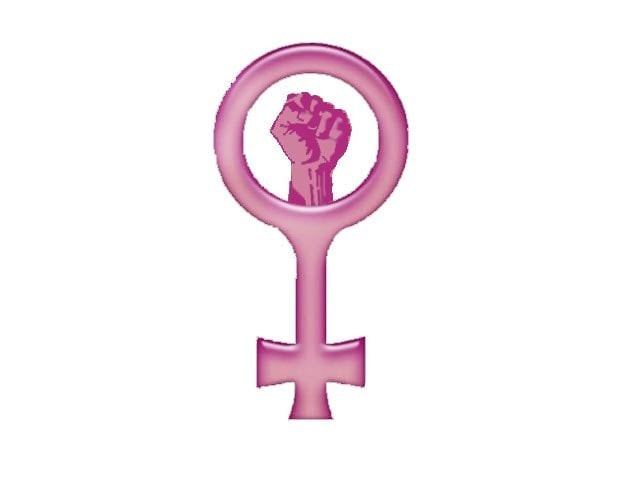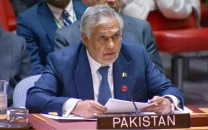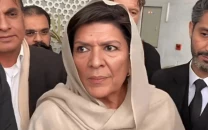Mainstreaming women: Activists share rights-based manifesto with political parties
Booklet aims to ensure that policies are attuned to women’s needs.

Various civil society organisations and networks were involved in the consultative process over the last two years.
Despite achieving progress on several fronts, particularly after reservation of 17% seats in the parliament and provincial assemblies and 33% seats in the local government, many long-standing women’s rights issues still remain unaddressed, according to a press release issued by Aurat Foundation.
To address women’s issues, the Aurat Foundation launched a booklet titled “Suggestions on Women’s Empowerment for Election Manifestos of Political Parties,” in December 2012, that is being currently shared with the major political parties’ manifesto committees.
These suggestions in fact comprise the actions which are still valid to be considered due to the absence of concrete legislative, social, economic and/or administrative actions taken in the last 10 years.
They proposed that women’s rights issues should be addressed in various sectors including governance, economy, institutional and financial mechanisms, legislation, judiciary and law-enforcement, political participation, labour and employment, health, reproductive rights and education and training, violence against women and girls, women and girls in humanitarian and conflict emergency situations, the media and physical infrastructure and basic services.

The issues raised in the document deserve considerations from political parties to ensure that their election manifestos and policies and programmes become more attuned to the needs, aspirations and rights of women, girls and other disempowered sections of society in particular.
It also needs passionate attention of both print and electronic media to discuss these women’s rights in their papers and programmes with socio-political and economic experts.
Various civil society organisations and networks were involved in the consultative process over the last two years. Women and men from the grassroots in nearly 30 districts of four provinces were also consulted through Aurat Foundation’s Women Leaders Groups.
The document also benefitted from recommendations developed through a consultative process steered by the National Commission on the Status of Women in 2011.
Published in The Express Tribune, January 5th, 2013.



















COMMENTS
Comments are moderated and generally will be posted if they are on-topic and not abusive.
For more information, please see our Comments FAQ